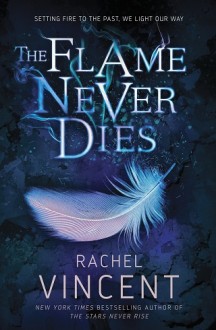
And Mellie's sin has put her in serious trouble. Because in New Temperance, sins are prosecuted as crimes by the brutal Church and its army of black–robed exorcists. When Nina discovers that Mellie is keeping a secret that threatens their very existence, she'll do anything to protect her.

They gave up on their deadbeat mom a long time ago. Watching over her younger sister, Mellie, and scraping together food and money are all that matters. Her town's population has been decimated by soul–consuming demons, and souls are in short supply. Poe had died a month before, having been found delirious, and wearing somebody else’s clothes, on the streets of Baltimore.Sixteen–year–old Nina Kane should be worrying about her immortal soul, but she's too busy trying to actually survive. Poe never lived to see ‘Annabel Lee’ published: it appeared posthumously in the Southern Literary Messenger in November 1849.


This keeps the metre of the poem on its toes (we might say it keeps the poem’s ‘feet’ on its toes), and reflects the sudden death of Annabel Lee as well as the ballad-like feel Poe is seeking to create, harking back to medieval ballads about true love and kingdoms by the sea. one unstressed syllable followed by a stressed). two unstressed syllables followed by a stressed) as opposed to iambs (i.e. Instead, the form of ‘Annabel Lee’ is actually a little more irregular: the poem begins with a stanza of alternating tetrameter and trimeter, true, but there are six lines rather than four, and the metre is more jaunty and lively than regular iambic metre: many of the feet are anapests (i.e. The poem has the ring of a ballad that has been passed down through oral tradition (and that was designed to be sung and danced to, accompanied by music), but it doesn’t follow the strict ballad metre (quatrains of alternating iambic tetrameter and trimeter, rhymed abcb). Although ‘Annabel Lee’ is often described as a ballad, this is only half-true.


 0 kommentar(er)
0 kommentar(er)
